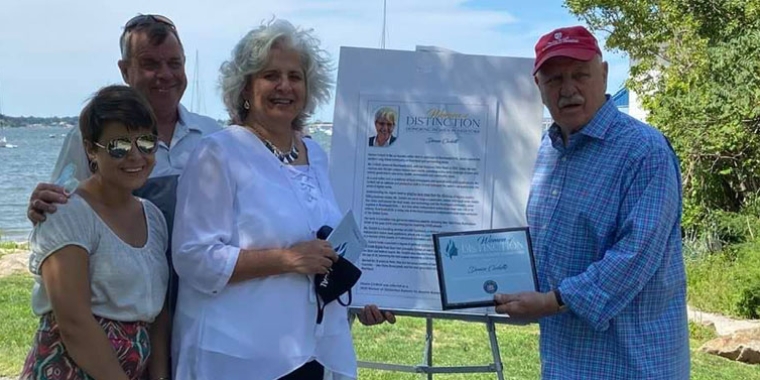
Senator Ken LaValle’s Legislation Combating Sexual Assault on College & University Campuses Passes Legislature
The process begun by Senator LaValle last year is expected to be quickly signed into Law by the Governor
June 18, 2015- Senator Ken LaValle announced that his landmark legislation designed to combat sexual assault on college and university campuses passed both houses of the legislature yesterday. The LaValle measure (S5965) passed the Senate unanimously with bipartisan support.
Senator LaValle said, “As Chairman of the Senate Higher Education Committee, last year I began a process to review existing laws, policies and legislation in an effort to fight the persistence of campus sexual assault. My committee held round tables and published a report to address the myriad of issues. We also sought and obtained a tremendous amount of valuable input from many individuals and organizations across the state directly involved in the issue.”
Senator LaValle continued, “We have approached this sensitive topic in a comprehensive, thoughtful manner. This bipartisan legislation provides critically important protections for victims and details the processes necessary to achieve fair and just results for those involved.”
The measure provides a clear path to address campus sexual assault and a course of action for the victims of these devastating incidents. It requires the education of all college students on the topic; recommends methods of prevention, and provides assurance of fair process in the adjudication of these incidents. This legislation will better protect our college students across the state.
Senator LaValle’s legislation includes:
A definition of affirmative consent, defining consent as a knowing, voluntary, and mutual decision among all participants to engage in sexual activity
An amnesty policy, to ensure that students reporting incidents of sexual assault or other sexual violence are granted immunity for certain campus policy violations, such as drug and alcohol use
A Students’ Bill of Rights, which campuses will be required to distribute to all students in order to specifically inform sexual violence victims of their legal rights and how they may access appropriate resources. The Bill of Rights clearly states that students are given the right to know they can report sexual assaults to outside law enforcement, including the State Police
Comprehensive training requirements for administrators, staff, and students, including at new student orientations
Reporting requirements for campuses to annually submit aggregate data on reported incidents of sexual violence and their adjudication and handling to the State Education Department
A new unit within the State Police called the “sexual assault victims unit” specializing in advanced training in responding to sexual assaults and related crimes that shall also provide assistance to campus police or local law enforcement, as well as training to college campus communities
A commitment of $10 million to help combat campus sexual assault through various partners, split in the following manner: $4.5 million to rape crisis centers to provide services and resources to students, $4.5 million to the State Police to create a sexual assault victims unit, and $1 million to colleges and universities
A requirement for first responders to notify survivors of their right to contact outside law enforcement.
In 2014, Senator LaValle and members of the Senate Higher Education Committee convened a roundtable of advocates, legislators, college and university officials, and security personnel to examine sexual violence on college campuses. In October, the committee released a report, “Sexual Violence on College Campuses: A New York State Perspective” that reviewed research, state and federal laws, and best practices and made recommendations for state legislative action – many of which are included in the bill.
The bill will now be delivered to the Governor for approval. The major aspects of the legislation will go into effect immediately upon the Governor’s signature, with some portions effective at a future date to afford colleges and universities the time to comply with the new provisions.
###



